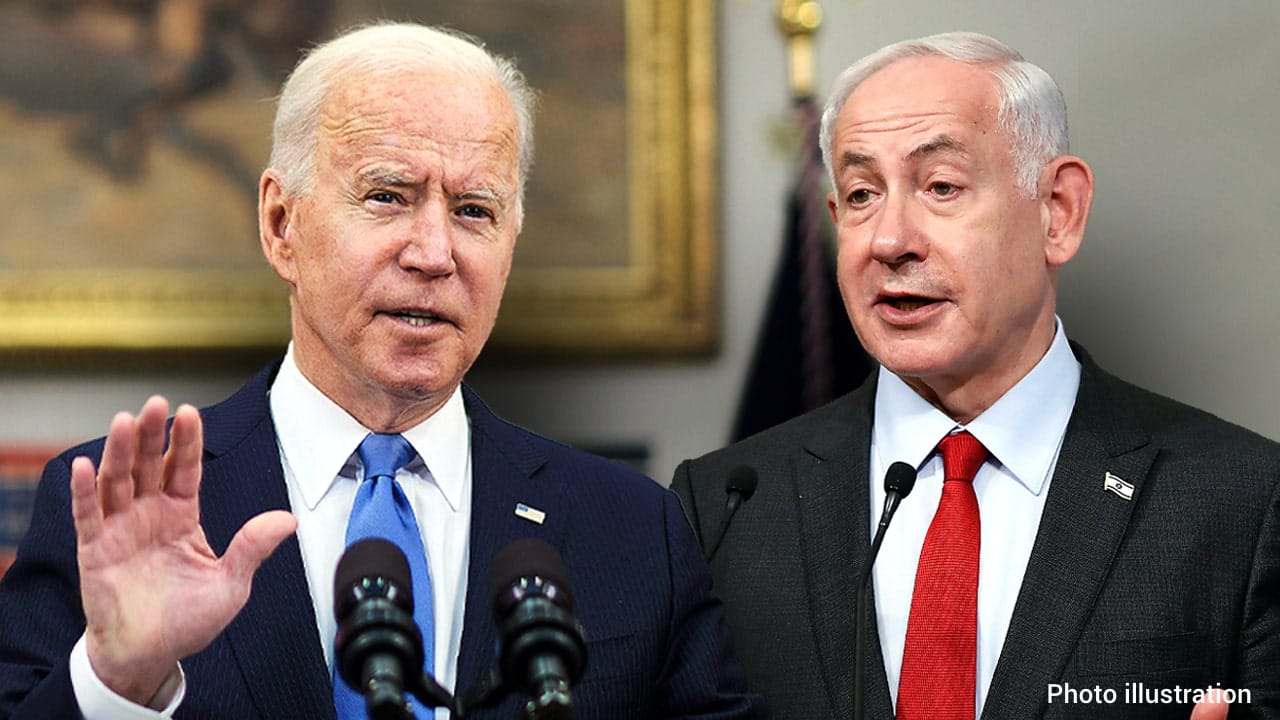Evaluating the Language of 1/6 Congressional Testimonies: Objective Perspectives
On January 6th, 2021, an unfortunate and tragic series of events unfolded in Washington D.C., when supporters of President Donald Trump stormed the U.S. Capitol Building, protesting the certification of Joe Biden’s election victory. The day left the American people with mixed emotions, fostering a sense of disbelief and prompting extensive discussions surrounding the consequences, motivations, and long-lasting effects of the riot.
Political sediment has filled the air since that day, and it’s crucial to understand that within this particular climate, an objective evaluation of the testimonies from the event’s witnesses – both the rioters themselves and the government officials – are essential. However, one must delve deeper to filter out personal biases and political agendas which color the truth.
As private citizens in our contemporary society, we’re all forced to make a decision: do we stand behind our loved ones and friends, pardoning their actions in the name of loyalty to our own political affiliations? Or do we put aside politics and follow the rule of law, acknowledging the mistakes made, admitting guilt, and addressing the unlawful acts perpetrated during the chaos of that day?
Opening with the events leading up to the Capitol storming, this article aims to dissect testimonies that were provided to the authorities and Congress members following the violent incidents. By exploring the language and expressions employed by the accused and the lawmakers involved, we strive for a rational understanding of the people’s actions that day. Do the testimonies reflect remorse, desperation, and sorrow, or are they brimming with defiance, disregard for the law, and justification of the events?
Let’s put aside our own political beliefs as we navigate through this rhetorical dilemma. It’s essential to recognize the lessons learned, the challenges presented in such a prelude, identifying deep-rooted issues that require our immediate attention within our political and social systems. Now, more than ever, it is our collective responsibility to resist falsehoods, disinformation, and hate speech that might harm our nation further.
Delving into the language used during congressional testimonies, separating fact from fiction, and identifying the emotional patterns of different actors involved in the January 6th Capitol storming. This may provide essential insight into understanding why some Americans chose to violently protest, while others were inspired to respond with despicable armed resistance. The aim is to facilitate healthy dialogue and foster a space for healing and restoring the American spirit, indubitably secured within the pillars of the Constitution.
Despite the consequences faced by the rioters, from jailhouse isolation to legal backlash, they still maintain support from numerous citizens who believe their principles and beliefs justify their actions. By evaluating the sentiments expressed in the testimonies, we might start extricating meaningful conclusions about the riot’s contributors and predictors, inspiring future research endeavors aimed at refining American society’s political atmosphere.
By approaching testimonies with logic and honesty, we can constructively confront the difficult experiences of that fateful day and move towards forgiveness, reconciliation, and a mutual understanding of the underlying causes that pushed our citizenry to take such drastic measures.
In our search for genuine reasons, motivations, and emotional resonance beneath the surface of the narratives shared by the accused, we aim to bridge the author’s voice in an attempt to elevate the conversation and promote a higher vision for our country.


